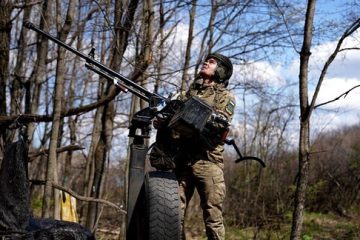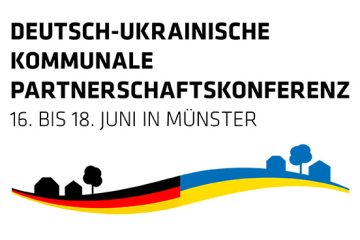Current Developments in the Russian Ukraine Conflict

Introduction
The conflict between Russia and Ukraine continues to be a significant global issue, drawing attention from governments, international organisations, and the general public. Starting in 2014 with Russia’s annexation of Crimea, the war has escalated in severity since February 2022, with profound impacts on international relations, security, and the global economy. Understanding the latest developments is crucial for comprehending the broader geopolitical landscape.
Recent Developments
As of October 2023, the conflict shows no sign of abating. Ukraine continues to receive military support from Western nations, including advanced weaponry and training for its forces. The United States and European allies have recently pledged additional funding to bolster Ukraine’s defences as they face ongoing incursions from Russian troops in the eastern regions of the country.
Reports indicate that the front lines have shifted in recent weeks, with intense fighting reported in areas such as Bakhmut and Avdiivka. Ukrainian forces have launched counter-offensives aimed at reclaiming territory, while Russia has reportedly intensified its artillery shelling. The humanitarian crisis remains dire, with thousands displaced and in need of assistance from international humanitarian agencies.
Global Reactions
The international response to the conflict has been mixed, with Western nations largely supporting Ukraine and imposing sanctions on Russia. Recently, a summit held by the G7 nations reaffirmed their commitment to stand by Ukraine, with discussions surrounding long-term military and economic support. In contrast, some countries maintain a neutral stance or express support for Russia, complicating diplomatic efforts.
Moreover, the repercussions of the conflict reach beyond Europe, influencing global energy prices and contributing to inflationary pressures worldwide. The ongoing uncertainty surrounding energy supplies, particularly gas, has led to heightened concerns in many economies reliant on Russian energy exports.
Conclusion
The Russian Ukraine conflict remains a focal point of international discourse, with vital implications for security, economic stability, and humanitarian efforts. As the situation develops, analysts predict that prolonged instability could lead to further shifts in regional alliances and global power dynamics. It is essential for readers to stay informed on this critical issue, as its resolution will not only impact the immediate region but also shape future geopolitical relations across the globe.








